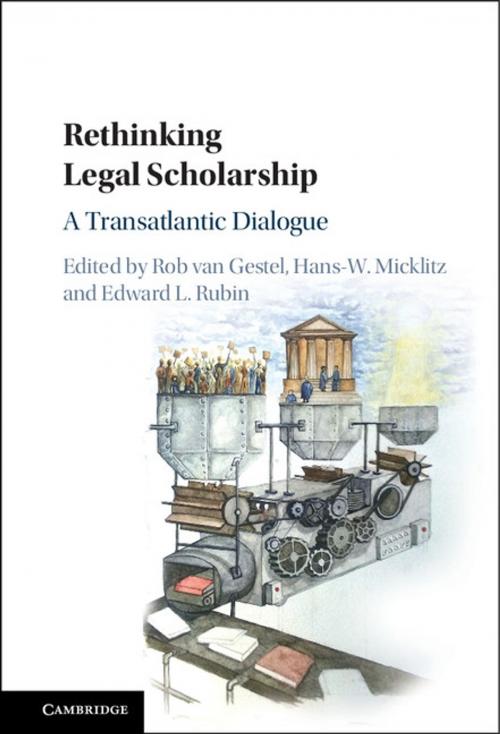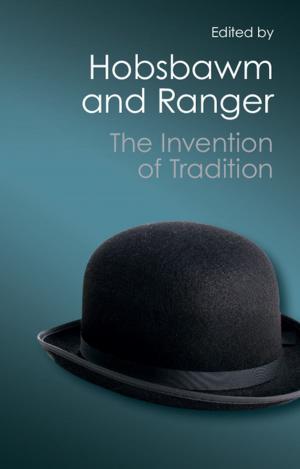Rethinking Legal Scholarship
A Transatlantic Dialogue
Nonfiction, Reference & Language, Law, Jurisprudence, International| Author: | ISBN: | 9781316760239 | |
| Publisher: | Cambridge University Press | Publication: | February 2, 2017 |
| Imprint: | Cambridge University Press | Language: | English |
| Author: | |
| ISBN: | 9781316760239 |
| Publisher: | Cambridge University Press |
| Publication: | February 2, 2017 |
| Imprint: | Cambridge University Press |
| Language: | English |
Although American scholars sometimes consider European legal scholarship as old-fashioned and inward-looking and Europeans often perceive American legal scholarship as amateur social science, both traditions share a joint challenge. If legal scholarship becomes too much separated from practice, legal scholars will ultimately make themselves superfluous. If legal scholars, on the other hand, cannot explain to other disciplines what is academic about their research, which methodologies are typical, and what separates proper research from mediocre or poor research, they will probably end up in a similar situation. Therefore we need a debate on what unites legal academics on both sides of the Atlantic. Should legal scholarship aspire to the status of a science and gradually adopt more and more of the methods, (quality) standards, and practices of other (social) sciences? What sort of methods do we need to study law in its social context and how should legal scholarship deal with the challenges posed by globalization?
Although American scholars sometimes consider European legal scholarship as old-fashioned and inward-looking and Europeans often perceive American legal scholarship as amateur social science, both traditions share a joint challenge. If legal scholarship becomes too much separated from practice, legal scholars will ultimately make themselves superfluous. If legal scholars, on the other hand, cannot explain to other disciplines what is academic about their research, which methodologies are typical, and what separates proper research from mediocre or poor research, they will probably end up in a similar situation. Therefore we need a debate on what unites legal academics on both sides of the Atlantic. Should legal scholarship aspire to the status of a science and gradually adopt more and more of the methods, (quality) standards, and practices of other (social) sciences? What sort of methods do we need to study law in its social context and how should legal scholarship deal with the challenges posed by globalization?















